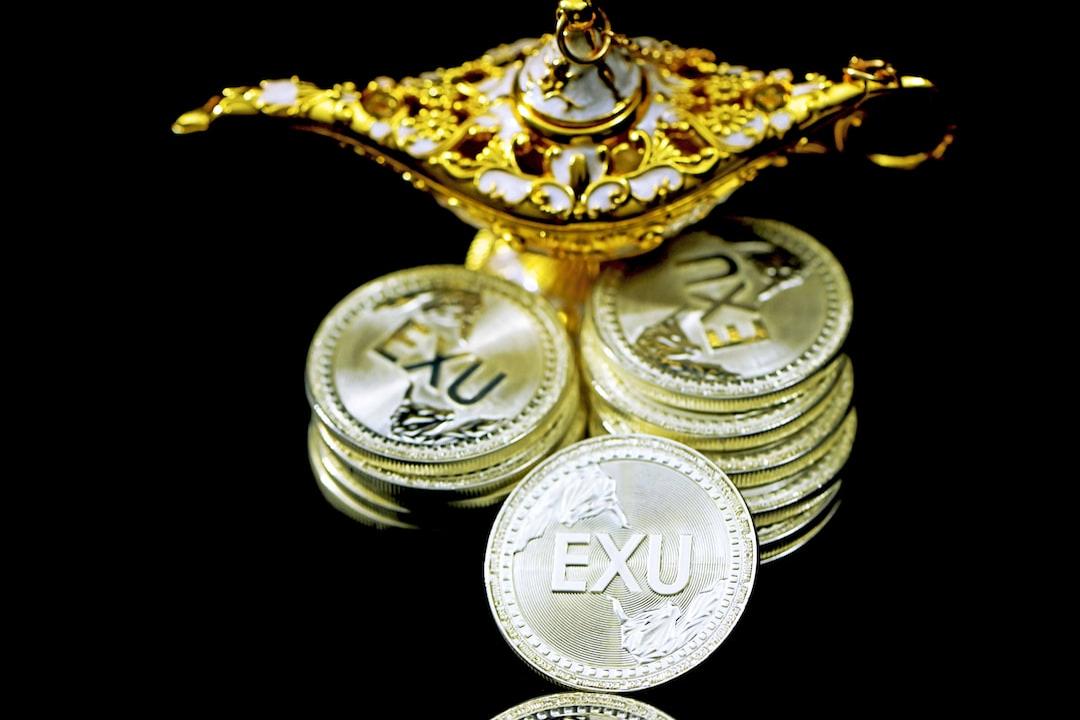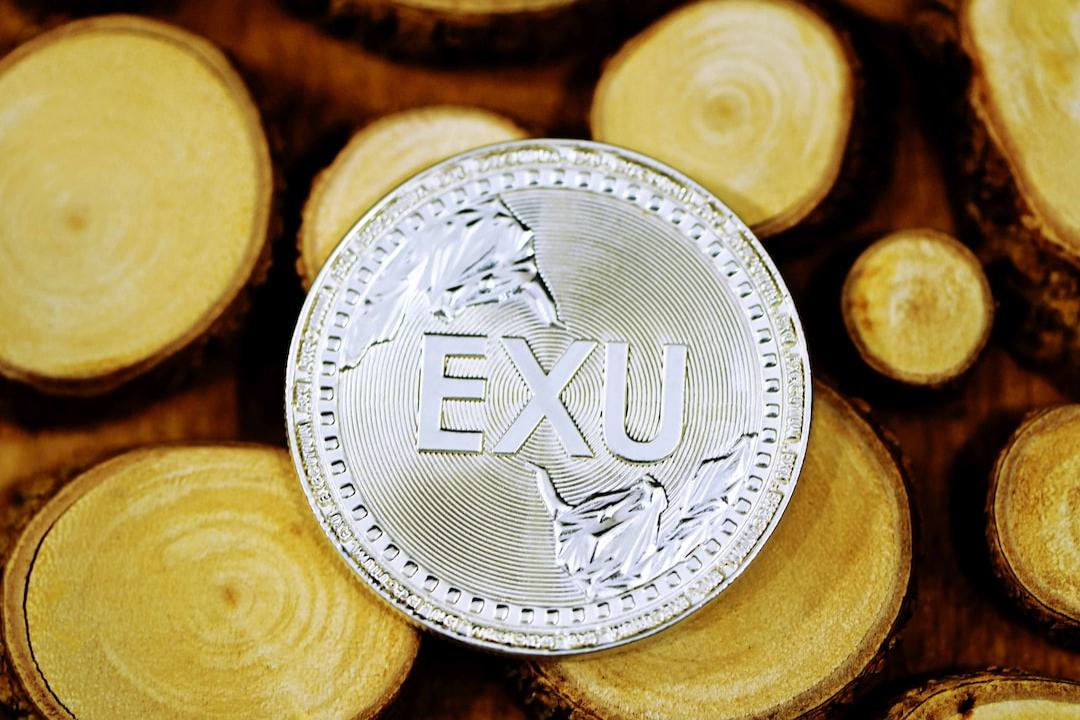Several financial institutions in Japan, including Mitsubishi UFJ Trust Bank (MUFG), Sumitomo Mitsui, Nomura Securities, and SBI, have jointly proposed that the government open up ETFs for cryptocurrencies such as Bitcoin and Ethereum, and called for a review of the cryptocurrency tax system, including the separation of taxation on income.
Japanese Investors’ Acceptance of Cryptocurrency Investment Increases
A joint proposal from several Japanese financial institutions, including major trust banks like MUFG and Sumitomo Mitsui, cryptocurrency exchange bitFlyer, and brokerage firms such as Nomura Securities and SBI Securities, stated that the enormous market capitalization and “stable track record” of cryptocurrencies like Bitcoin and Ethereum make them suitable for investors to “accumulate assets in the medium to long term.” The proposal analyzed the current situation of Japanese investors in cryptocurrency investments, noting that the ranking has risen from 15th in 2021 to 8th in 2024, with the proportion of investment increasing significantly from 0.8% to 7.3%. The majority of investors are in the 30-40 age group.


Recommendation to Open Bitcoin and Ethereum ETFs
The U.S. Securities and Exchange Commission (SEC) opened the listing of Bitcoin spot ETFs in January and Ethereum spot ETFs in July. However, according to the relevant laws governing investment trusts and investment corporations in Japan, crypto assets cannot be offered by investment trust funds, and the Financial Services Agency of Japan has not approved related delegated trading. This has prevented Japanese investors from legally purchasing crypto ETFs within Japan.
(Stubborn Financial Supervisory Commission? The Financial Services Agency of Japan also does not allow its citizens to trade Bitcoin ETFs and prohibits delegated trading)
The joint proposal from several Japanese financial institutions indicated that the substantial market capitalization and “stable track record” of cryptocurrencies like Bitcoin and Ethereum are suitable for investors to “accumulate assets in the medium to long term,” urging government agencies to open up high market capitalization cryptocurrencies like Bitcoin and Ethereum.
Call for Tax-related Reforms
Additionally, the document called for a review of the cryptocurrency tax system, including the separation of taxation on income. In Japan, taxation on cryptocurrency transactions primarily stems from capital gains and income, with high and complex tax rates. Capital gains from cryptocurrencies are classified as “miscellaneous income,” which is combined with individual income tax rates ranging from 5% to 45%, plus an additional 10% local tax. For high-income individuals, this can consume more than half of their profits, whereas trading stocks is only subject to a 15% (national tax) plus 5% local tax.
(Why is Japan’s cryptocurrency tax system beneficial for the Japanese version of MicroStrategy, Metaplanet’s stock price?)
Recently, however, the Democratic Party of Japan (DPP) proposed a tax reform plan aimed at lowering the capital gains tax on cryptocurrencies to 20%. Whether this policy can be implemented remains to be seen.

